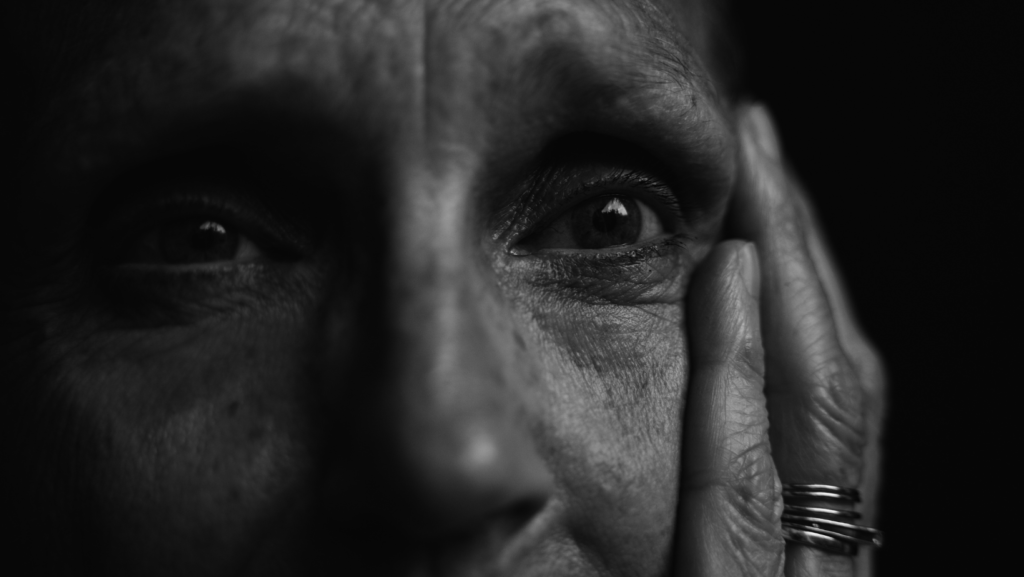Mental health is just an important factor as you age as it is any other time of life. As we age, environment, health and financial challenges also often increase and can have considerable bearing on mental health.
Aging Challenges
Our population is aging quickly – and according to the World Health Organization, between 2015 and 2050, the population of aging adults will have doubled. In other words, we are going to go from about 900 million to 2 billion people that are over 60 years old.
As people age, life changes often take place that can have a significant impact on mental health. This includes losing those that they love, having a major illness and having financial stress as employment shifts to retirement. Many adjust to these changes, while others feel loss and loneliness or anxiety. If not acknowledged or managed, these feelings could spiral downward.
Here are some startling aging and mental health facts:
- Depression is the most common mental health issue in older adults. Others include anxiety and dementia, and even sleep and behavioral disorders
- Because of our aging population explosion, this means we will have doubled the number of seniors with mental health issues by 2030
- The highest suicide rate of any age group belongs to those 85 and older
Managing Mental Health in Seniors
Unfortunately, our seniors do not typically seek treatment for mental health issues. It is extremely important that our professional mental health providers acknowledge these issues and work with other professionals to provide the care that our aging population needs to maintain healthy mental health.
On the bright side, there are multiple opportunities these days for seeking mental health care. From tele-docs to in-person appointments and even online chats, the outlets for working with a healthcare professional are wide enough to accommodate any needs.
Additionally, most insurances cover a form of mental health care. If you are a Medicare beneficiary, Medicare Part B helps pay for many outpatient mental health services from depression screenings to medication management and everything in-between.
Another side of this is, of course, what we can do ourselves to mitigate a downward spiral. There is abundant research that demonstrates that seniors benefit from social connections and a personal friendship circle. It’s easy to say “go make friends” to an elementary student, but as we age and get set in our ways, it is increasingly difficult to step out of a comfort zone that has been in place for years. An alternative step may be joining a workshop that seems fun and as a side-effect, friends of like-mindedness may be made.
Signs You May Need to Take Steps Towards Improving Your Mental Health
Mental health is an extremely important issue at all stages of life.
A few signs that you may need to see a healthcare professional include:
- Consistent feelings of sadness or hopelessness
- Appetite, energy level and mood changes
- Sleep habit changes – too much or too little
- Aggressiveness, irritability or anger
- Thoughts of death or suicide – suicide attempts
- Increased anxiety or stress
- Increased use of drugs or alcohol
There is Help
There is always help available. If you or a loved one is experiencing severe distress, there is a lifeline called the 988 Suicide & Crisis Lifeline. This Lifeline provides 24/7 free and confidential support for people in distress. They offer prevention and crisis resources for you or your loved on es and best practices for professionals in the U.S. Their number is simple 988.
Additionally, the National Coalition on Mental Health and Aging is dedicated to addressing the needs and promoting the interests of aging Americans with mental health conditions and addressing the problems older adults have in accessing needed mental health services.
We can make a difference so that the numbers predicted do not become reality. If you, or someone you know, are experiencing a difficult time and need help, don’t hesitate to reach out. There are a lot of resources available. If you need help understanding what your insurance does or doesn’t cover when it comes to mental health, I would be proud to be a resource to you. Feel free to call me – 423-276-5807.
Brenda Gilliam, Your Insurance Agent, Medicare Insurance Agent & Extra Help Coordinator
Phone: 423-276-5807
Email: brenda@gilliaminsuranceadvisor.com
* Not affiliated with any government agency.
*We do not offer every plan available in your area. Any information we provide is limited to those plans we do offer in your area. Please contact Medicare.gov or 1-800-MEDICARE to get information on all your options.

